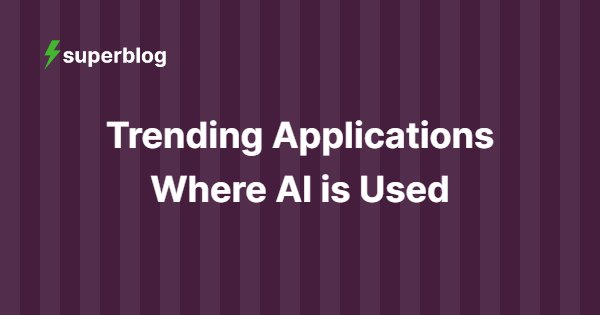ChatGPT-maker OpenAI has unveiled its latest innovation, the Voice Engine, a technology capable of cloning a person’s voice with just a 15-second audio sample. While this development holds immense potential for various applications, it also raises significant ethical concerns, prompting OpenAI to exercise caution in its public release.
The Potential of Voice Cloning
The Voice Engine technology opens up a world of possibilities in fields such as entertainment, accessibility, and personalized digital assistants. Imagine being able to bring your favorite fictional characters to life with their authentic voices or creating customized audio experiences tailored to individual preferences. Additionally, this technology could revolutionize accessibility for individuals with speech impairments, enabling them to communicate more effectively.
Ethical Concerns and Responsible Development
Despite the exciting prospects, OpenAI recognizes the grave risks associated with voice cloning technology, especially in an election year when it could be exploited for nefarious purposes such as spreading misinformation or impersonating public figures. The company has cited instances where AI-generated voices have been used in robocalls, potentially misleading voters.
To address these concerns, OpenAI has decided to take a cautious approach by initially limiting the Voice Engine’s availability to early testers under strict guidelines. These guidelines include prohibiting the impersonation of individuals without their consent and mandating the disclosure of AI-generated voices.
The Importance of Ethical AI
The development of the Voice Engine highlights the pressing need for ethical considerations in the advancement of artificial intelligence. As AI technologies become increasingly sophisticated, it is crucial to ensure their responsible deployment and to mitigate potential misuse.
OpenAI’s decision to prioritize safety and transparency sets a commendable precedent for the AI industry. It underscores the importance of striking a balance between technological innovation and safeguarding against potential harm.
Looking Ahead
As the Voice Engine technology continues to evolve, it will be essential for OpenAI and other AI companies to engage in ongoing dialogue with stakeholders, policymakers, and the public. Establishing clear ethical guidelines, fostering transparency, and promoting public awareness will be pivotal in ensuring the responsible development and deployment of voice cloning and other AI technologies.
Ultimately, the Voice Engine represents a significant milestone in the field of voice technology, but its true impact will depend on the industry’s commitment to ethical practices and responsible innovation.

